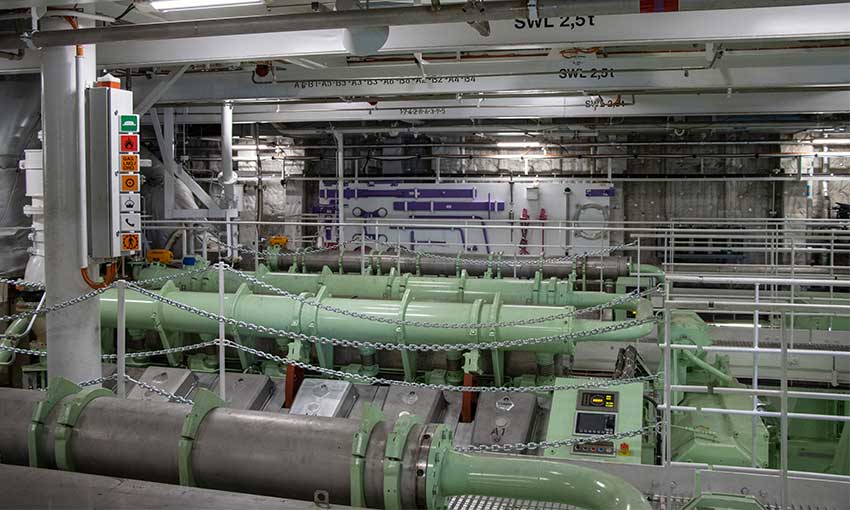DECARBONISATION in the shipping sector may spur sustainable progress in other sectors, according to the International Chamber of Shipping.
The ICS said talks at COP27 in Sharm El-Sheikh, Egypt last month positioned the industry’s transition among broader, global decarbonisation goals.
ICS highlighted discussions around how shipping will be responsible for transporting the green fuel that will help cut emissions in other sectors.
It said its own need for alternative fuels can act as a “crucial investment driver” for the first projects.
World Bank global director for transport Nicolas Peltier-Thiberge said some of the world’s poorest economics would benefit from the transition.
“Given their strategic geographic locations and energy resource endowments, there is a large untapped potential for zero-carbon fuel production in many developing countries,” he said.
“Developing green fuel production in these countries will significantly advance economic development and yield climate co-benefits such as jobs, innovation and air quality improvements, at the same time putting client countries in a position where they can achieve many UN Sustainable Development Goals.”
Charlotte Kirk of renewable power company Fortescue Future Industries said shipping’s demand for green fuels could spur a viable alternative fuels business that other sectors can benefit from.
“It was really positive to see how we are starting to think of shipping as part of the climate solution,” Dr Kirk said.
“By building resilient global supply chains, providing an early source of demand and participating in early bankable offtake projects, shipping can enable the scale up of the green hydrogen industry and have a much broader impact on hard-to-electrify sectors.”
And an ICS side event at COP27 explored what energy and shipping markets need to do to align with Paris Agreement climate goals.
Alice Larkin of the Tyndall Centre at the University of Manchester said there is a gap between future renewable energy demand and production capability today.
She said only 4% of projects already announced have a final investment decision, but even with these projects there could be a 126-million-tonne gap between production capability and demand for low-carbon hydrogen in 2030.
“If the shipping sector can energise faster growth in sustainable fuels, it will be playing a pioneering role in closing the gap between grand theoretical plans and a real world that’s fit for future generations,” she said.





